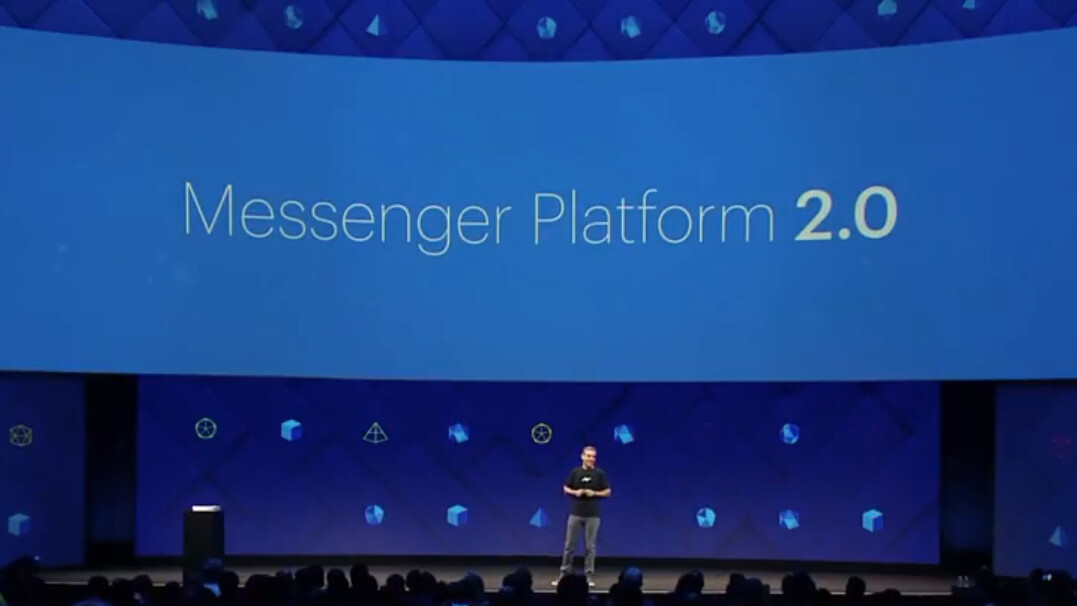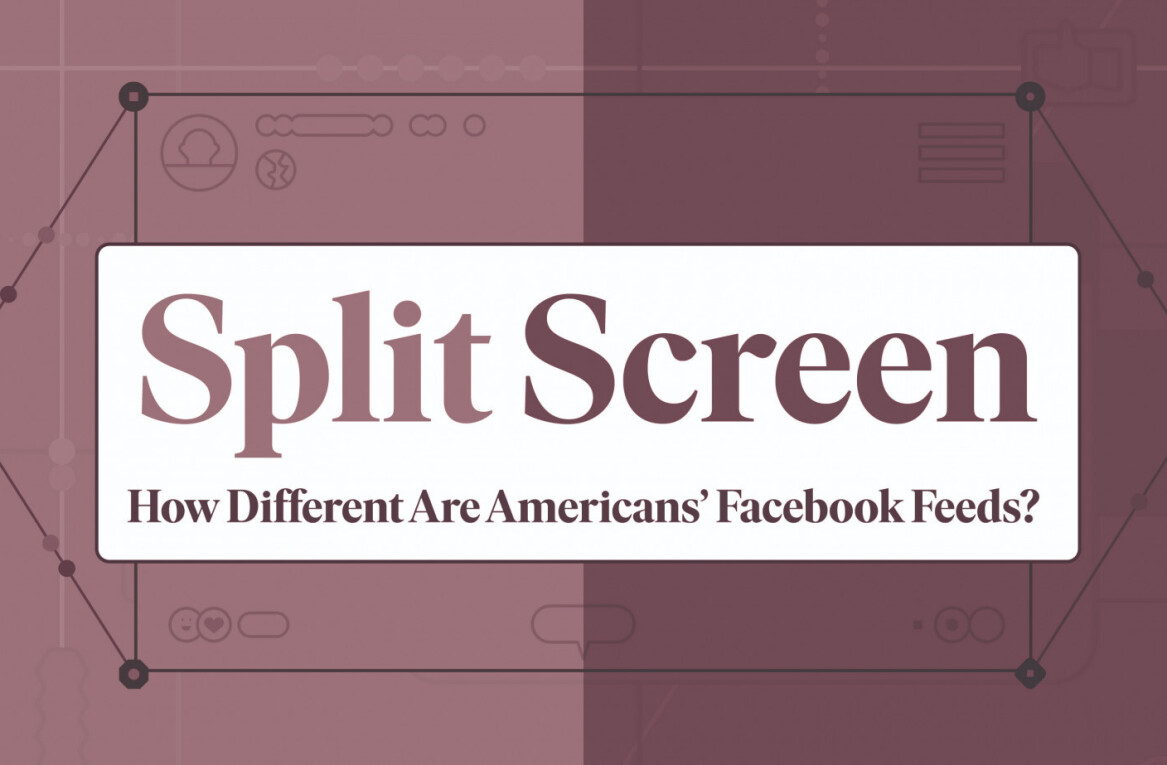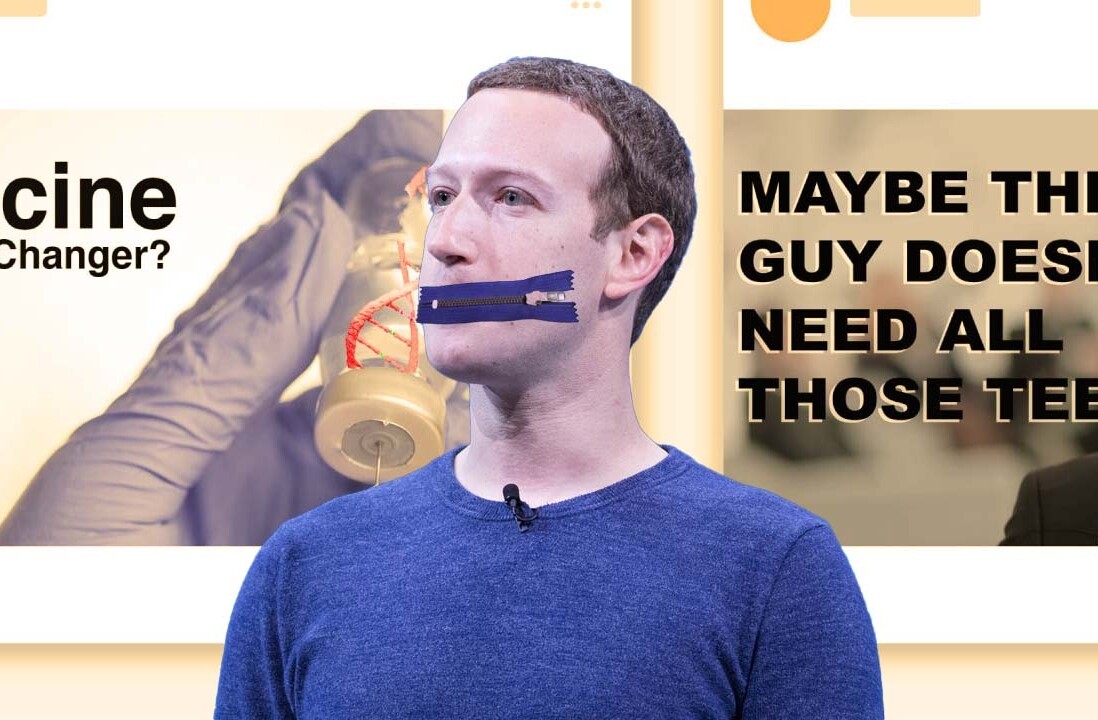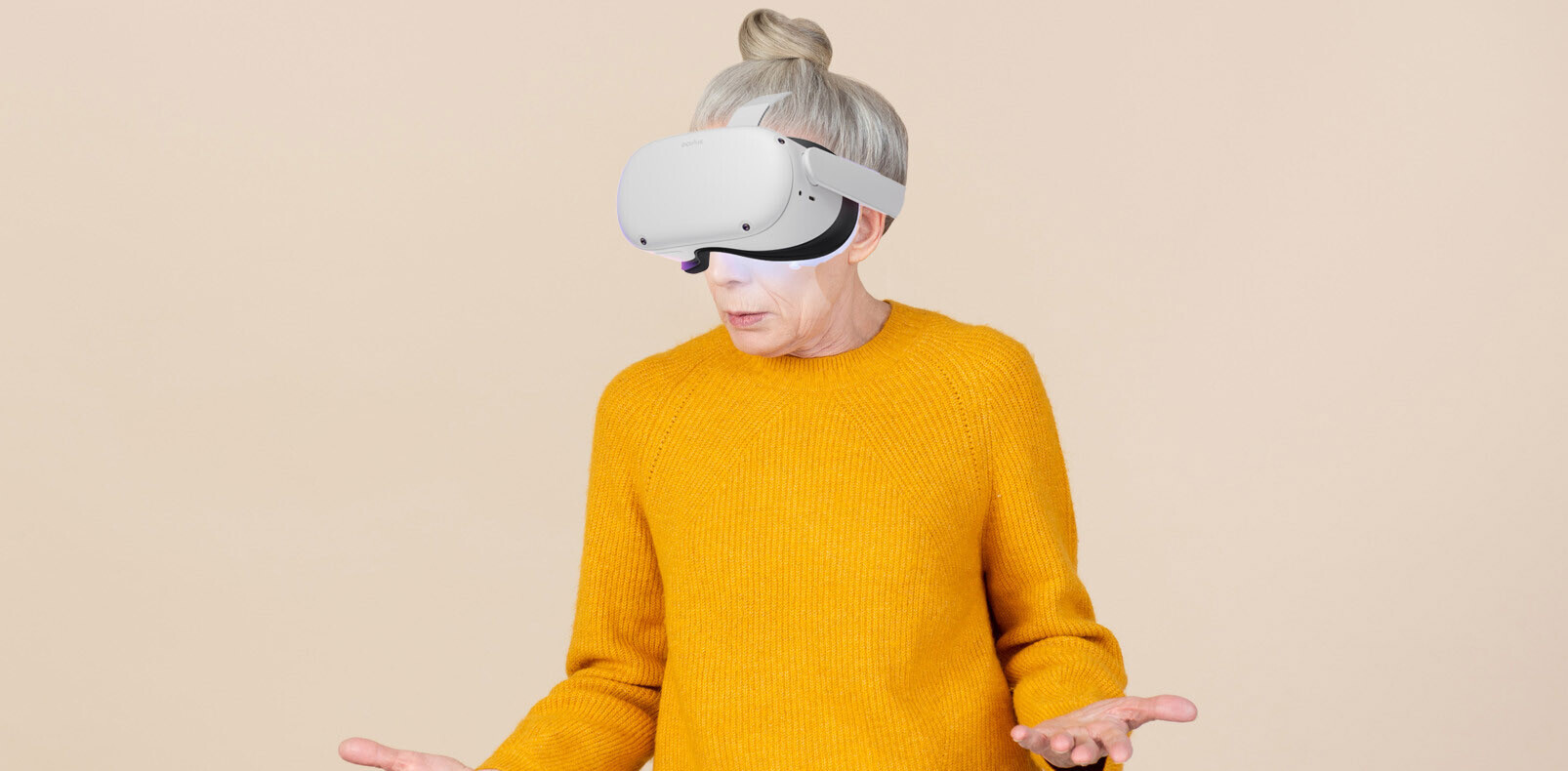
Messenger is more than just a chat app. We use it to share video, play games, and chat in real time. Indeed, it’s become a veritable commercial platform, supporting payments and transactions, and is used by businesses to provide real-time support.
With that in mind, it’s hardly surprising that much of the focus at the Facebook F8 conference was on Messenger, and the company’s plans for the platform.
On stage at the McEnery Convention Center in San Jose, David Marcus, VP of Messaging Products, laid bare the company’s vision for messenger. It’s exciting. You can tell, because Facebook isn’t launching another one-point-something version. This is Messenger Platform 2.0.
So, what does Messenger Platform 2.0 look like? One theme is Messenger not merely as a tool for social interactions, but a tool for business. David Marcus said that there are 65 million businesses on Messenger.
Messenger Platform 2.0 emphasizes discovery, with an aim to make it easier to discover those businesses. It aims to be the Yellow Pages of chat apps. A tangible step forward towards this is the Discover Tab, which is populated with relevant bots and businesses.
In the same spirit, Facebook is also overhauling Messenger Codes. These launched last year as a way to connect different Messenger users, but didn’t really catch on in the west. That’s a cultural thing. We’re not particularly used to scanning QR codes and the like on a routine basis.
These are now easier to use. The company’s Parametric QR codes can be placed anywhere, and can be scanned with Messenger to engage with bots and companies.
Bots also made an appearence, with chat extensions. Previously, bots were things you engaged with one-on-one. Now, you can drag them into group conversations. Spotify is an early adopter here. You can now use it to share tracks within group conversations.
Already, there are several major companies signed up, including Uber, the Wall Street Journal, Hipmunk, Kayak, and more.
Another major announcement is Smart Replies, which allows small businesses to launch their own intelligent autoresponders. These can answer questions when the social media team are off duty, allowing customers to find out basic details like locations, pricing, and opening hours at any time.
Although announced a little bit earlier, a component of Messenger Platform 2.0 is M Suggestions. This is found in M — the company’s virtual assistant platform — and is used to make recommendations about things to do, stickers to use, and so on.
Games also seen a major overhaul. According to David Marcus, 1.5 billion games have been played over Facebook Messenger, so now the company is introducing rich, real-time and turn-by-turn games. It’s also introducing a games tab, which makes it easier to discover new titles.
It’s clear where Facebook is going. It wants Messenger to be a one-stop-shop for everything you do. Work. Play. Social. Cupertino desperately wants Messenger to do it all.
And given what we saw in San Jose, it’s clear to see they’re on the right track.
Follow all our coverage from Facebook’s F8 Developer Conference here.
Get the TNW newsletter
Get the most important tech news in your inbox each week.




